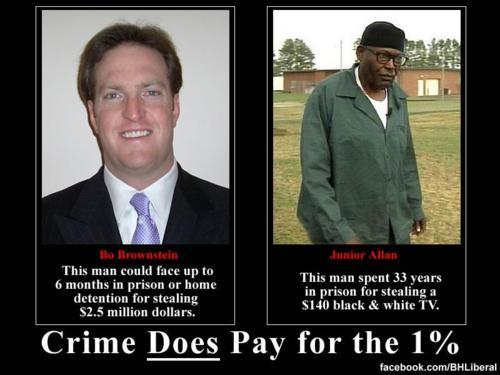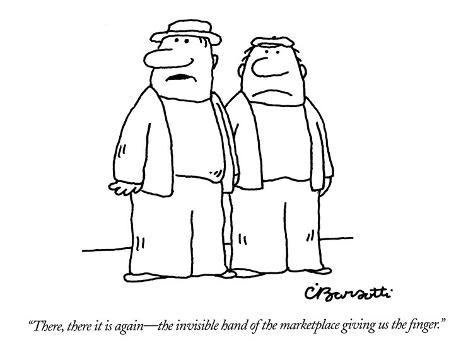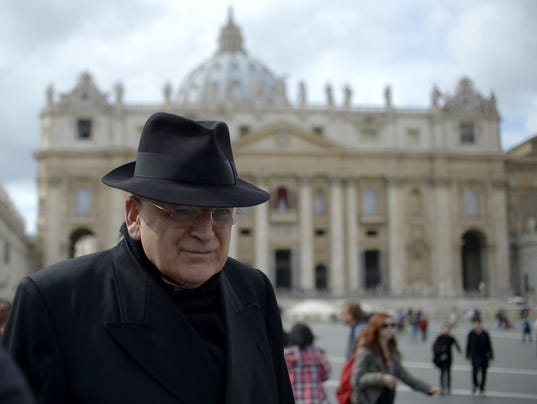"I don't know much about wine at all," the Hazlet man said.
A week ago, he and two others of his party of 10 decided to share a bottle of wine, he said.
The host of the dinner -- the guy who would be paying the bill -- told Lentini to pick a bottle, Lentini said.
"I asked the waitress if she could recommend something decent because I don't have experience with wine," Lentini said. "She pointed to a bottle on the menu. I didn't have my glasses. I asked how much and she said, 'Thirty-seven fifty.'"
The drinkers at the table agreed to the price and they ordered, Lentini said.
Soon, the sommelier -- the wine steward -- presented the corked bottle at the table. Lentini said he was having conversation with his companions and didn't really pay attention, but he approved of the bottle.
A taste of the wine was served for him to sample. He approved, he said, and the bottle was placed on the table.
"It was okay. It was good," Lentini said of the wine. "It wasn't great. It wasn't terrible. It was fine."
When dinner was over, the check was handed to the host, who was sitting opposite Lentini at the round table, Lentini said.
"[The host] was sitting across from me and he handed the bill to person next to him, who handed it to the next person until it got to me," he said. "I showed the gentleman next to me and we were shocked. We couldn't believe it."
The total bill was $4,700.61, including tax. The bottle of wine, Screaming Eagle, Oakville 2011 -- cost $3,750.
"I thought the wine was $37.50," Lentini said.
![boozle-wine 3.JPG]() A photo of the receipt from Joe Lentini's dinner at Bobby Flay Steak at the Borgata in Atlantic City.David Gard/for NJ Advance Media
A photo of the receipt from Joe Lentini's dinner at Bobby Flay Steak at the Borgata in Atlantic City.David Gard/for NJ Advance Media Lentini said he called the waitress over and said there was a problem. He said he explained that he never would have ordered such expensive wine, and repeated that when he asked about the price, the waitress said "thirty-seven fifty," not "three-thousand, seven-hundred-and-fifty."
The waitress disagreed, and a maître d'/manager was called over.
"I said the waitress told me it cost 'thirty-seven fifty,' not 'three-thousand, seven-hundred and fifty dollars,'" Lentini said.
The maître d'/manager offered to give separate bills, so the dinner bill, which wasn't being disputed, could be paid.
Next, Lentini said he was told the best price the restaurant could offer was $2,200.
Lentini said he couldn't afford that, but to be able to leave, he and two other diners agreed to split the $2,200 bill.
The diner sitting to Lentini's left at the table, Don Chin, said he heard what Lentini heard when the wine was ordered.
"Joe had asked for a suggestion on the wine and the waitress pointed to a wine," he said. "Joe asked the price and she said 'thirty-seven fifty,' not 'three-thousand, seven-hundred and fifty,' which is what I would have said, so we all thought it was $37.50."
When the bill came, "We all had a heart attack," Chin said.
Marcia Lentini was sitting to Joe Lentini's right at the table.
"My husband said to the waitress, 'I don't know much about wine. Can you pick for me?'"
Marcia Lentini said. "He asked her how much, and she said, 'thirty-seven fifty.'"
"But then it was $3,750. Who would expect that in a restaurant?" she said.
BORGATA'S COMMENTS
Borgata said it conducted a thorough investigation of the incident, and it believes the proper practices were followed.
"As the leading culinary destination in this region, we consistently serve as many, if not more high-end wine and spirits without incident," executive vice president Joseph Lupo said. "In this isolated case, both the server and sommelier verified the bottle requested with the patron."
Lupo said that fact was confirmed surveillance footage. We asked Borgata to share the footage, which does not have audio, but it said it could not.
Lupo said the host of the dinner confirmed the price of the bottle before the bill was presented, yet he chose not to "say anything to management."
"Due to these factors along with very detailed accounts from multiple sources regarding the incident, Borgata is confident there was no misunderstanding regarding the selection," Lupo said. "We simply will not allow the threat of a negative story that includes so many unaccounted and questionable statements to disparage our integrity and standards, which Borgata takes great pride in practicing every day.”
Indeed, the host, who asked not to be identified, did confirm to Bamboozled that he asked about the price of the bottle before dinner was completed, but he said he did not hear and was not part of the conversation when Lentini ordered the wine. The host said the bottle was already opened and possibly empty when he learned the price, so he didn't see a reason to say anything.
LESSONS TO LEARN
We weren't at the table so we don't know what was said when the wine was ordered, but we wanted to learn more about the process so consumers don't end up in Lentini's shoes.
John Foy, a wine consultant and
wine columnist for The Star-Ledger, said the server should be held responsible.
"The person serving the wine has the obligation to make the price of the wine immediately clear," he said, noting that he used to own three restaurants. "That's because $3,750 is a big number for anybody, except for perhaps hedge fund managers."
![Food Sip Vintage Values]() Joe Lentini purchased a bottle of Screaming Eagle wine, 2011 vintage, costing $3,750. Pictured here is a June 2, 2006 file photo showing three magnums of Screaming Eagle Cabernet Sauvignon wine on display during the Napa Valley wine auction in Rutherford, Calif.AP Photo/Eric Risberg, File
Joe Lentini purchased a bottle of Screaming Eagle wine, 2011 vintage, costing $3,750. Pictured here is a June 2, 2006 file photo showing three magnums of Screaming Eagle Cabernet Sauvignon wine on display during the Napa Valley wine auction in Rutherford, Calif.AP Photo/Eric Risberg, File He said not only should a server point to the wine on the menu, "it is very important that the server enunciate that price absolutely clearly," he said. "Short of that, the restaurant has to eat the cost of the bottle."
Foy told the story of a regular customer of his who often ordered bottles costing $100 to $200. One night, Foy said, there was a mix-up because two wine names were similar, and the customer was served -- and drank -- a $600 bottle. When the customer disputed the bill, Foy said, he removed the charge.
We looked at
the wine menu with Foy. The highest priced bottle on the menu is $30,000, followed by two bottles for $16,000, one at $12,000 -- but those are six liters, and not a fair comparison, he said. There's a $5,200 dessert wine, and then a wine bottle for $4,501.
So Lentini was served the second most expensive bottle on the menu.
Foy questioned why the server, if Lentini said he didn't know anything about wine, didn't recommend one of the many $50 or $100 bottles on the menu.
T.J. Foderaro,
Inside Jersey magazine's wine columnist, called it "absurd" for a waitress to recommend a $3,750 bottle to a guest who doesn't regularly order such bottles.
"And even more absurd that she’d answer `thirty-seven fifty' when asked the price, knowing full well that most people would understand that to mean $37.50," Foderaro said.
But again, we don't know what the waitress did or did not say. We only know what Lentini remembered, and what Borgata said it learned when it asked the employees who were there.
What we do hope is that you, dear reader, will take extra care to know what you're ordering so you don't end up with a surprise whopper bill.
Lentini says he will.
"I'm going to ask for the wine list. I want to know exactly what I'm ordering," he said. "I will not ask a waitress to pick a bottle of wine."
Have you been Bamboozled? Contact Karin Price Mueller at bamboozled@njadvancemedia.com























 The Housing Crisis: How the Fed Turned a Blind Eye
The Housing Crisis: How the Fed Turned a Blind Eye























